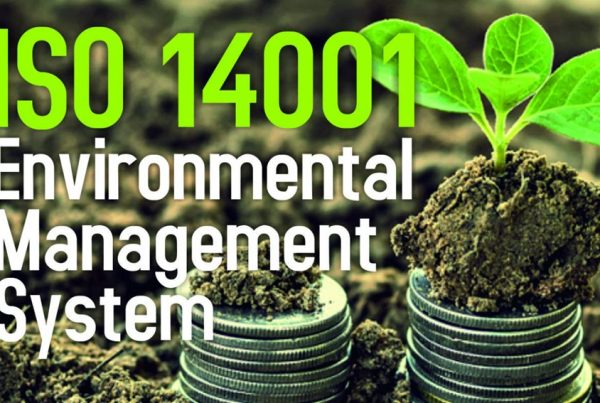Supplier Quality Audit
A supplier quality audit is basically a process where you review compliance of the supplier towards industry standards which are established by the law and independent organisations. Some entities perform their own supplier quality audits; however, a lot of companies take advantage of outsourced supplier audits performed by a third party as it often if more efficient and cost effective.
The level of supplier quality audits an organisation performs if typically determined based on the risk to the business. It might be sufficient to vet non critical suppliers through a PQQ (Pre Qualification Questionnaire), whereas critical suppliers often require a qualification audit followed by surveillance audits at planned intervals. Critical suppliers are e.g. ones that could affect the health and safety of employees or the public, or suppliers that could have a huge impact on your ability to provide your products or services.
Supplier quality audits play a crucial role for a customer-supplier partnership as the main objective is to monitor and improve the existing quality and delivery practices.
Objective of Supplier Quality Audit
The basic objective of a Supplier Quality Audit is to check that the supplier’s processes, quality systems, or products meet with the requirements as stated in the procedures, contractual agreements, or agreed upon standards.
Conducting an Efficient Supplier Quality Audit
Supplier quality audits can be utilised as a fundamental component for the annual supplier evaluation as required by the ISO 9001 standard. It should be kept in mind that a supplier quality audit is not confined to juts walking around a supplier’s shop floor. An organisation must conduct a supplier audit with a clear and greater understanding of some key elements.
Documentation
One of the key elements of a supplier quality audit is to review of how the supplier manage documentation. All key documents exchanged between your organisation and the supplier must be available. This include, but is not limited to, contracts, specifications and drawings, delivery terms or work guidelines. More importantly, these documents not only have to be available, they also have to be available in the correct version. Approximately 70% of all issues are due to the lack of, or incorrect information.
Formation of a Supplier Audit Checklist
Now there is no doubt that a lot of quality methodologies are used in the present era, consisting of TQM (Total Quality Management), Six Sigma and Lean Six Sigma amongst others. A supplier auditor should enquire about the quality methodology employed by the supplier as well as the way it is used. Afterwards, the auditor should prepare a checklist for conducting the supplier quality audit. This checklist can also help comparing various suppliers after the audits have been conducted. In this aspect, Quality Management in line with ISO 9001 should be added to the checklist as an essential component. Moreover, another key component of the checklist is validating the supplier have systems in place to ensure a continual delivery of acceptable products or services. This could for example involve checking their traceability system and contingency plans if required.
Tools
Furthermore, an addition component in the supplier quality audit is assessing in what way the supplier is monitoring its quality. A common tool which is used for this purpose is SPC (Statistical Process Control) charts which identifies a satisfactory range of quality measurements. The supplier should be inquired to demonstrate by what means the quality tools are used for monitoring quality.
Improvements
Improvements also play a very critical role in performing an efficient supplier quality audit. Usually, numbers are used by suppliers to measure their quality performance. The auditor should ask the supplier being audited for data going enough time back to determine if there is a positive, neutral or negative trend. Or maybe even worse, the results are inconsistent and show their processes are out of control.
Special Requirements
A very important part to keep in mind is that not all organisations require the same type of supplier quality audits and there is no one size fit all. E.g. when auditing a manufacturing plant, construction site or a laboratory, the approach should be very different. Even though a lot of the element are the same, there are individual areas for these that need to be assessed in depth. For example, for the laboratory it is essential to validate how they ensure delivery of accurate results.
If you are looking to develop and implement a supplier audit program, then contact us for a free consultation of how we can help with the project. We have auditors available with experience across a range of industries within construction, manufacturing and laboratories.





